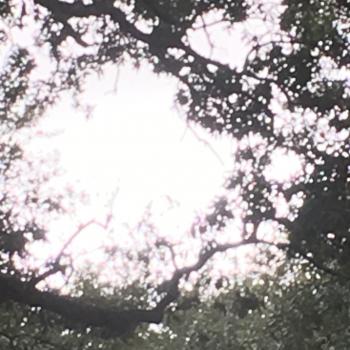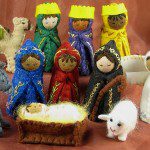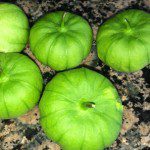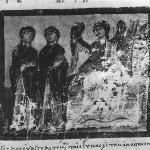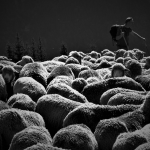I’m pretty exhausted from having had two retreats back to back this weekend and preparing to head to my third, so it’s going to be a week in which I quote Merton without commentary. All of these quotes are from No Man Is An Island.
“Hope is the living heart of asceticism. It teaches us to deny ourselves and leave the world not because we or the world are evil, but because unless a supernatural hope raises us above the things of time we are in no condition to make a perfect use either of our own or of the world’s true goodness. But we possess ourselves and all things in hope, for in hope we have them not as they are in themselves but as they are in Christ: full of promise.” 18-19
“To live forever without life is everlasting death: but it is a living and wakeful death without the consolation of forgetfulness. Now the very essence of this death is the absence of hope. The damned have confirmed themselves in the belief that they cannot hope in God.” 20
“To consider persons and events and situations only in the light of their effect upon myself is to live on the doorstep of hell.” 24
“We too easily assume that we are our real selves, and that our choices are really the ones we want to make when, in fact, our acts of free choice are… largely dictated by psychological compulsions, flowing from our inordinate ideas of our own importance. Our choices are too often dictated by our false selves.” 25
“Conscience is the soul of freedom, its eyes, its, energy, its life. Without conscience, freedom never knows what to do with itself.” 27
“Beauty is simply reality itself, perceived in a special way that gives it a resplendent value of its own. Everything that is, is beautiful insofar as it real.” 32-33
“The soul that picks and pries at itself in the isolation of its own dull self-analysis arrives at a self-consciousness that is a torment and a disfigurement of our whole personality. But the spirit that finds itself above itself in the intensity and cleanness of its reaction to a work of art is ‘self-conscious’ in a way that is productive as well as sublime.” 34
“The genius of the artist finds its way by the affinity of creative sympathy, or conaturality, into the living law that rules the universe. This law is nothing but the secret gravitation that draws all things to God as to their center. Since all true art lays bare the action of this same law in the depths of our own nature, it makes us alive to the tremendous mystery of being, in which we ourselves, together with all other living and existing things, come forth from the depths of God and return again to Him.” 36






